What is jailbreaking and is it worth the risk?
Removing built-in restrictions from your iPhone to unlock extra apps and features may sound appealing, but jailbreaking your phone might leave it vulnerable to viruses, malware, and app glitches. Keep reading to learn what jailbreaking actually is and how Norton 360 Deluxe can help you enjoy your iPhone while keeping it safer and more secure.
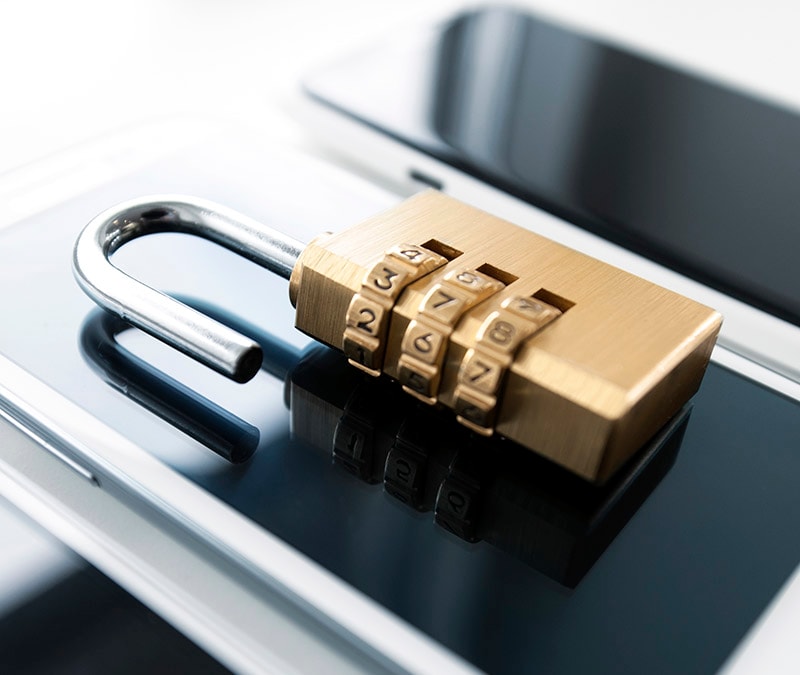
Jailbreaking is the process of removing manufacturer restrictions on a device, allowing you to customize settings, install unauthorized apps, and access hidden features. The goal is to gain full control over your device — whether it’s a phone, tablet, or gaming console.
Because Apple maintains a tightly controlled ecosystem — limiting downloads to the App Store and restricting personalization — jailbreaking iPhones and other Apple devices is particularly popular. Even as early as April 2011, the leading jailbreak app store, Cydia, was generating $10 million annually and reaching 4.5 million users each week, reflecting a strong demand for flexibility and control.
What does it mean to jailbreak a phone?
Jailbreaking a phone usually refers to removing an iPhone’s built-in restrictions, granting full access to apps and features that are normally unavailable on iOS devices. It allows for deeper customization, app installation from outside the App Store, and experimentation with hidden settings.
But jailbreaking typically relies on exploiting software vulnerabilities discovered and shared by hacker communities, and it can compromise your mobile security by stripping away the safeguards Apple designed to protect your data. In essence, jailbreaking trades safety for freedom, so it’s crucial to understand both the benefits and the risks before deciding which matters more to you.
Is jailbreaking legal?
Jailbreaking itself isn’t illegal — at least not in places like the U.S., where exemptions under the Digital Millennium Copyright Act (DMCA) allow users to bypass software restrictions on their devices for personal, non-infringing use.
However, using a jailbroken device to pirate software, bypass copyright protections, or access paid content for free is against the law. Jailbreaking also violates Apple’s iOS and iPadOS Software License Agreement, which means Apple can deny repairs or service for modified devices.
For that reason, both Apple and independent cybersecurity experts strongly warn against jailbreaking, as it can weaken built-in security protections, expose your data to malware, and cause some apps or features to stop working properly.
Is jailbreaking your phone safe?
Jailbreaking your iPhone is not always safe, and Apple makes that clear. Disabling key security protections creates vulnerabilities that can cause crashes, battery drain, and even permanent damage after future updates. It can also disrupt syncing and push notifications.
Think of your device’s security as a fortress: jailbreaking digs a secret tunnel through its walls. You might gain new access and flexibility, but you also create a weak point for intruders. The freedom can be tempting, but without safeguards, it leaves your device exposed to serious risks.
Risks and downsides of jailbreaking your device
The appeal of full customization comes with serious trade-offs that aren’t always obvious. Here are some of the biggest risks associated with jailbreaking iPhones:
- Weakened security: Removing built-in protections makes it easier for malware to slip by your security. Hackers or shady third-party repos can install untested software that puts your sensitive info at risk.
- App compatibility issues: Some apps, especially banking, streaming, or secure messaging apps, can detect if a phone is jailbroken and may refuse to run, cutting off access when you need them most.
- Bricking your device: Jailbroken phones are more likely to fail during updates. On Reddit and Apple forums, users often report devices getting stuck on the Apple logo after a new update, leaving them “bricked,” or unusable.
- No official support: Apple won’t service or repair a device with unauthorized modifications, leaving you without help if something goes wrong with your hardware or operating system.
- Unstable performance: Jailbroken iPhones commonly experience slower performance, overheating, faster battery drain, and frequent crashes because unofficial tweaks aren’t optimized for Apple’s hardware.
Why do people jailbreak Apple products?
For many users, jailbreaking is about breaking free from Apple’s limitations to make their devices truly their own. It offers more customization, the freedom to install third-party apps, and the ability to bypass carrier locks. While these tweaks can be exciting, these same loopholes can be exploited by cybercriminals.
Here’s a closer look at the main reasons people jailbreak iPhones:
Customize the interface
Apple’s design is sleek, but uniform. Jailbreaking allows deep customization — from themes and icons to complete layout overhauls. For users who enjoy tinkering, it’s a chance to break free from Apple’s standard look and give their iPhone a unique personality.
Install unauthorized apps
The App Store is tightly controlled, meaning Apple rejects apps that duplicate built-in features or don’t meet strict guidelines. Jailbreaking lets users install third-party apps from outside the App Store, whether they’re niche utilities or experimental tools, expanding functionality far beyond what Apple officially allows.
Unlock hidden features
Some jailbreak tweaks expose advanced settings or features Apple hides or hasn’t yet released — like file browsing, new control center options, or early glimpses of future iOS capabilities. For tech-savvy users, it’s like exploring the backstage of their iPhone.
Bypass carrier locks
Carrier locks restrict phones to specific networks. Jailbreaking has been used to remove these limits, letting users switch providers or use local SIM cards while traveling. It’s a practical reason for many, though it also increases exposure to risks like SIM swapping fraud.
Experiment and learn
For tech enthusiasts, jailbreaking is as much about discovery as it is about freedom. It offers a hands-on way to explore how iOS works and develop new skills. Many developers began their careers this way — including Max Weisel, who started creating jailbreak tweaks as a teenager before developing official iOS apps like Soundrop and collaborating with Björk.
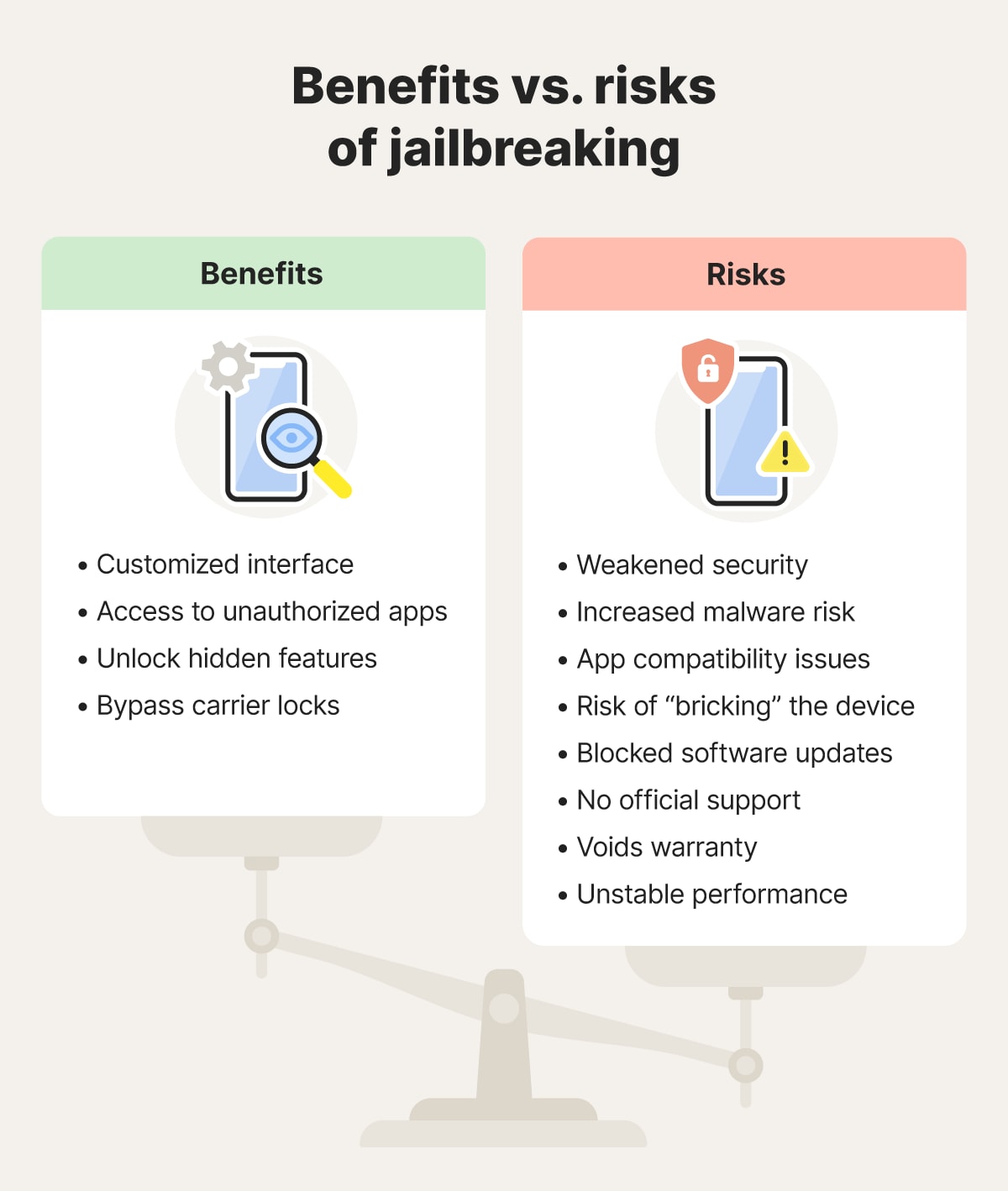

Is jailbreaking worth it?
So, is jailbreaking worth it? For most people, no. Trading security and stability for a few extra features simply isn’t a good deal.
Jailbreaking is appealing because it offers freedom — more apps, deeper customization, and greater control. For some, that flexibility feels worth the risk. From custom themes to unlocking carrier restrictions, it can make an iPhone feel truly personal.
But the trade-offs are significant. Jailbreaking weakens Apple’s built-in defenses, making your device far more vulnerable to hacking and malware. It can also cause failed updates, reduced performance, and the loss of official support.
Don’t trade safety for control
Personalizing your iPhone is great — but real peace of mind comes from keeping it protected. Norton 360 Deluxe helps you defend against viruses, malware, and online threats, along with offering a secure VPN for private browsing and dark web monitoring to help you keep tabs on exposed personal data. Keep your iPhone safe, stable, and performing at its best with Norton 360 Deluxe.
FAQs
What is the difference between jailbreaking and rooting?
Jailbreaking removes Apple’s software restrictions, while rooting does the same for Android devices. Both grant deeper control and customization, but rooting your Android carries similar risks — voided warranties, exposure to malware, and loss of official support.
Can jailbreaking be reversed?
Yes. You can usually reverse a jailbreak by restoring your iPhone to factory settings through iTunes or Finder. This process reinstalls the official version of iOS, removes all unauthorized modifications, and restores Apple’s built-in security protections. However, it will not reinstate your warranty — Apple may still refuse service for any device that was previously jailbroken.
Is jailbreaking the same as unlocking?
No, jailbreaking removes software restrictions to allow customization and unauthorized apps, while unlocking lets your phone operate on different carriers. You can do one without the other, but both bypass limitations set by either Apple or your carrier.
Editorial note: Our articles provide educational information for you. Our offerings may not cover or protect against every type of crime, fraud, or threat we write about. Our goal is to increase awareness about Cyber Safety. Please review complete Terms during enrollment or setup. Remember that no one can prevent all identity theft or cybercrime, and that LifeLock does not monitor all transactions at all businesses. The Norton and LifeLock brands are part of Gen Digital Inc.



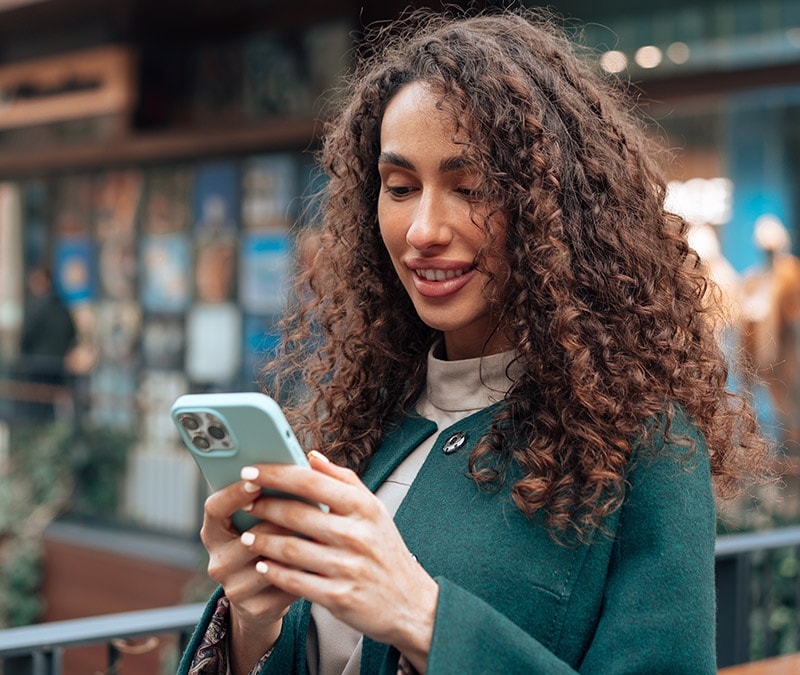
![How to change your location on an iPhone in 3 ways [VPN, App Store & GPS]](/content/dam/blogs/images/norton/tn/how-to-change-location-on-iphone-thumb.jpg)
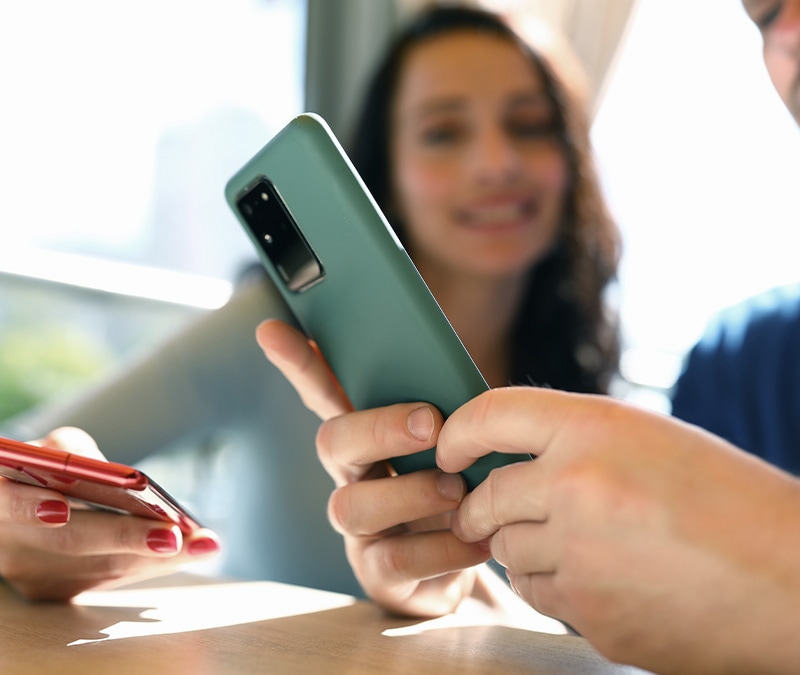
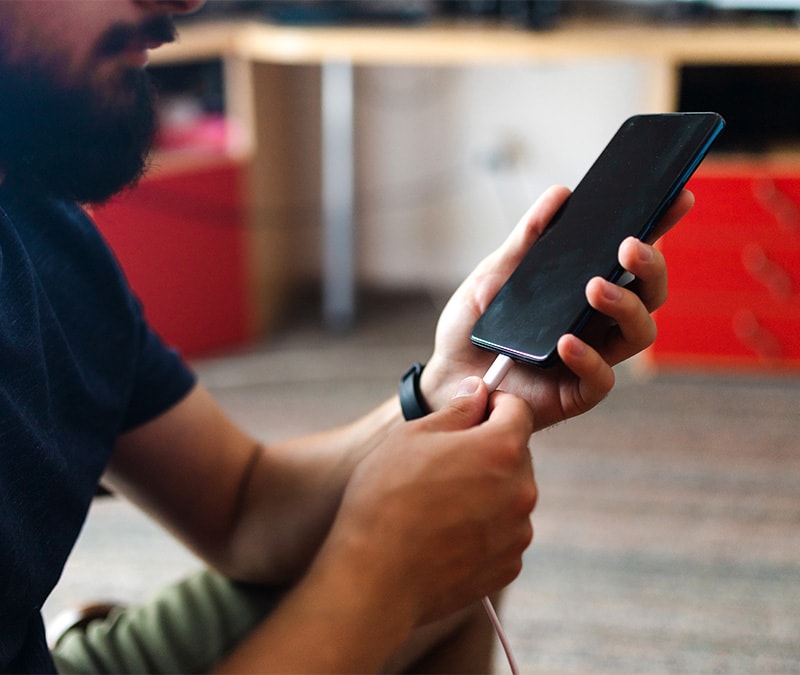

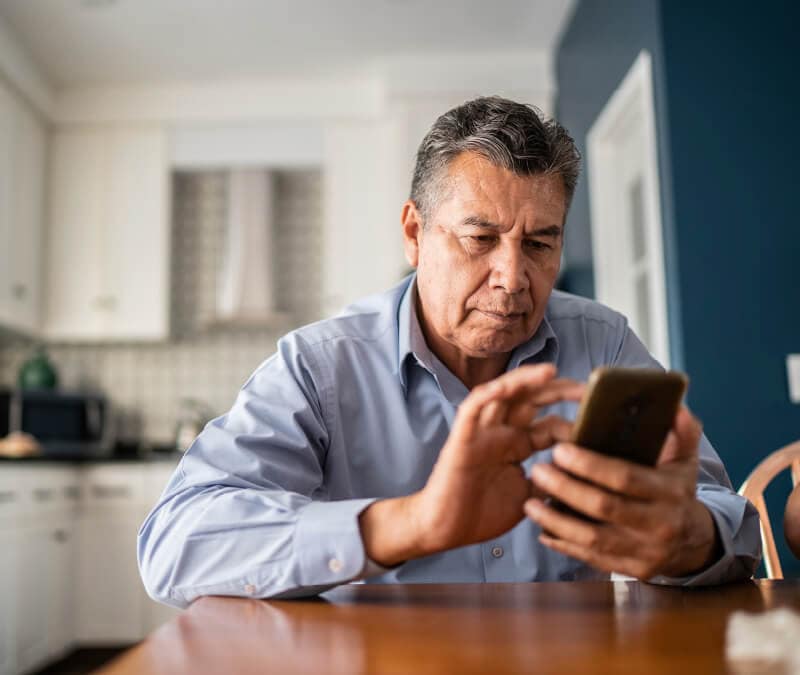
Want more?
Follow us for all the latest news, tips, and updates.